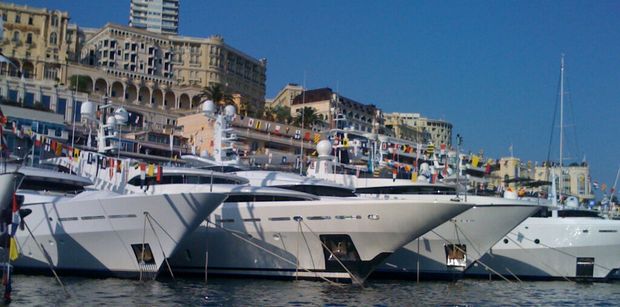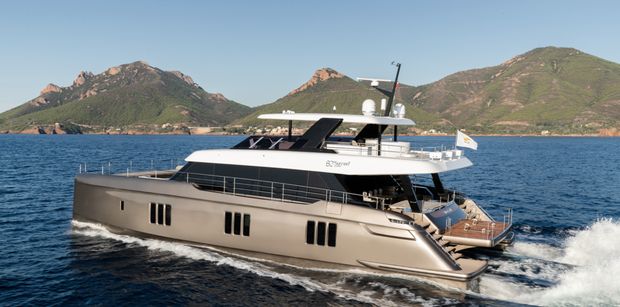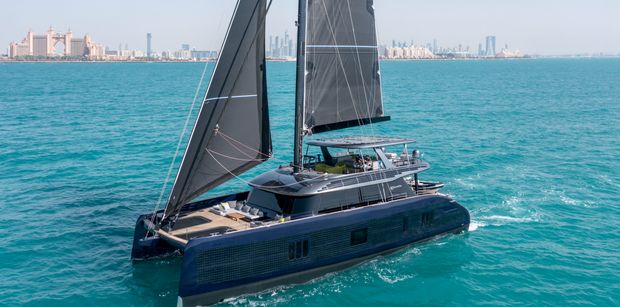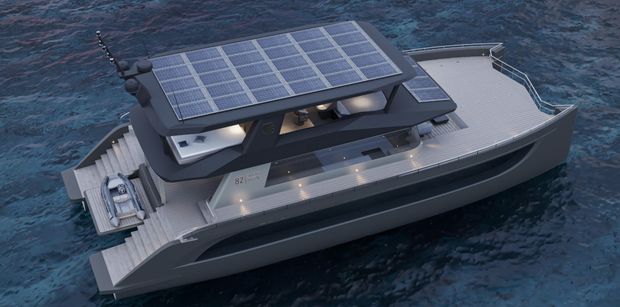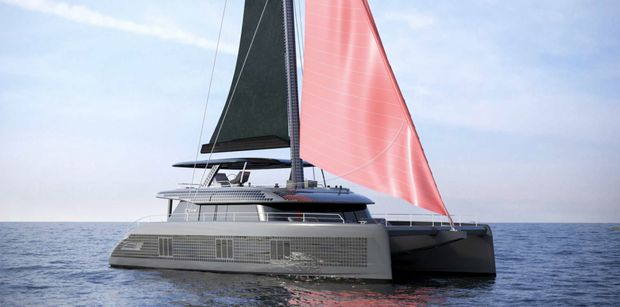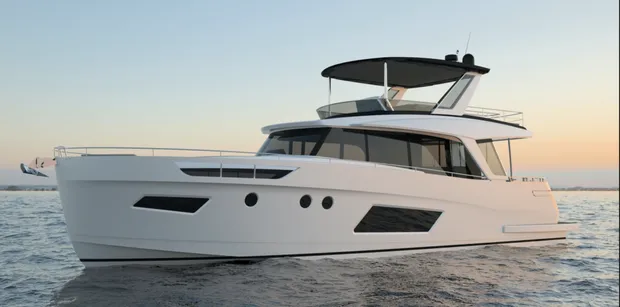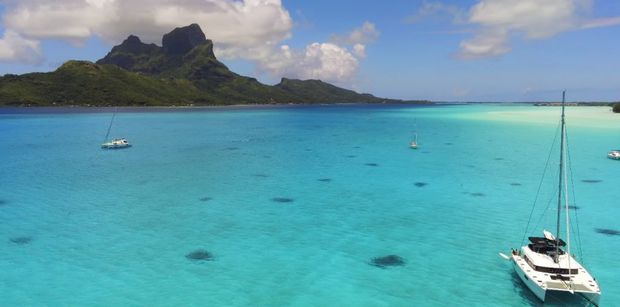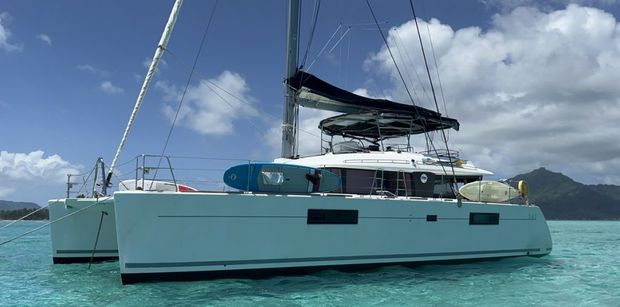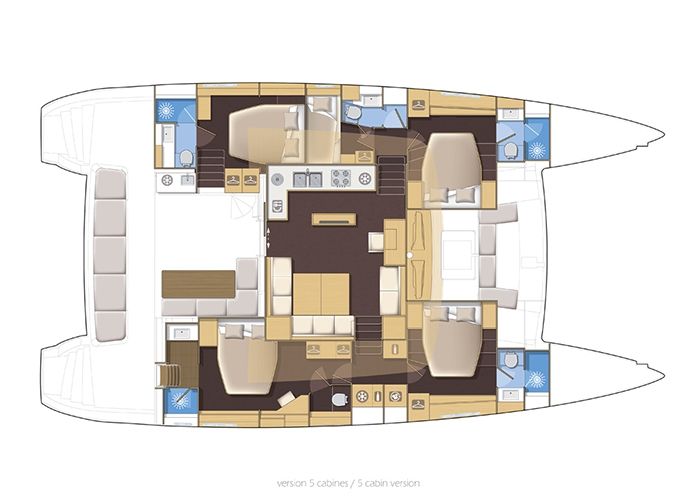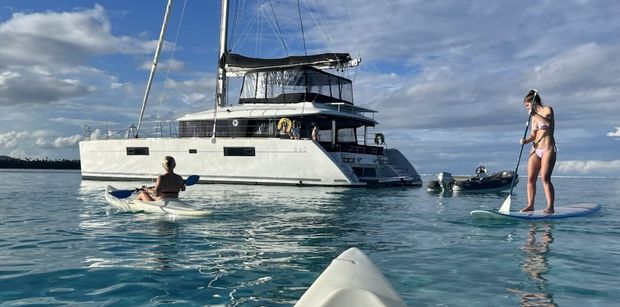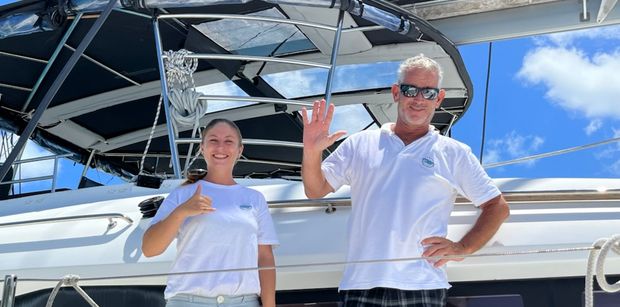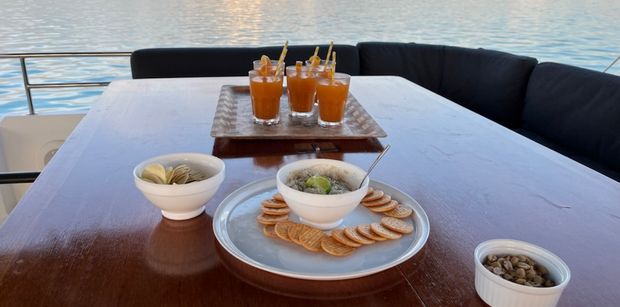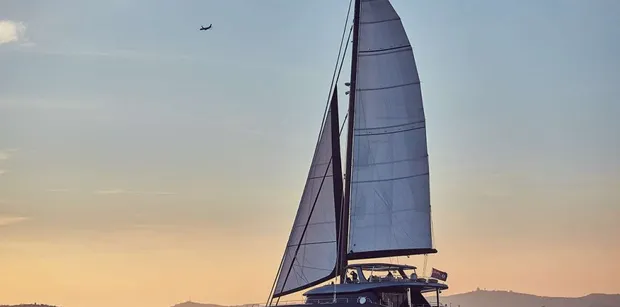Hydrotreated Vegetable Oil produces dramatically fewer emissions than diesel
Yacht carbon emissions are a pressing issue in the yachting industry, and for good reasons, but what are the alternatives? Boatbookings begins to explore this topic as the industry accelerates its environmental agenda.
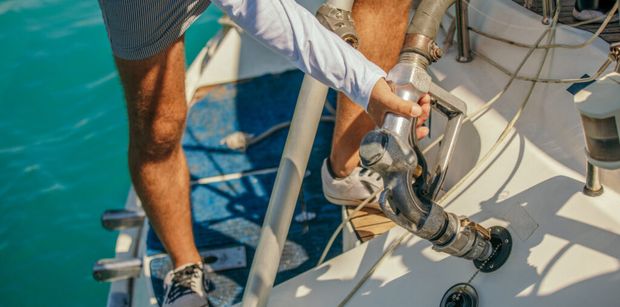
Ahead of the 33rd MYBA Charter show from 24th – 27th April in Barcelona, we take a look at the findings from the most recent MYBA environmental committee’s AGM report. The report discusses the immediate need for a fuel alternative and the role of HVO (Hydrotreated Vegetable Oil) fuel in moving toward net zero.
The emission problem
The average person produces around 7 tonnes of C02 annually. Considering that statistic, one litre of diesel creates about 3 KG of C02 in the atmosphere; according to the report, if “a big yacht consumes 60,000 litres per week on charter, this is 180 metric tons of C02.”
Given these statistics, it is no wonder that the industry’s future is steeped in a climate-conscious effort to pave the way toward a fossil fuel-free future. While there may be multiple challenges to fully decarbonizing the industry, there are also equal amounts of hope from innovative technologies and fast-developing hybrid and electrical solutions.
HVO; An alternative?
But how do we green the diesel-driven boats that are currently in our fleets? Experts believe HVO is the most viable alternative because there is no need to modify existing engines or generators.
Originally the first-generation biofuel, FAME (Fatty Acid Methyl Esters), hailed a bad reputation. This was mainly due to FAME’s oxidation and affinity to water, leading to a significant risk of microbial growth. But HVO’s chemical makup, as well as storage stability, is similar to that of fossil fuels. Hence it offers a possible direct replacement, meaning that all yachts, not just retrofitted ones, can reduce their emissions immediately.
So what exactly is HVO? It is made by using recycled sunflower oil. First, it undergoes hydro-treatment at high temperatures and pressures, where hydrogen is added to remove the oxygen. There are claims that it offers a 90% reduction in C02 emissions on the basis that it is made from recycled oil – having already made its environmental impact.
Who uses and supplies it?
Regarding the usage, Rolls Royce and MTU endorse HVO and have been testing their engines with it for a long time. As a tangible example, the charter yacht Lammouche has divulged its use of HVO fuel, which they source from Fioul83.
The short-term challenges of HVO have focussed on the availability, production, and higher cost compared to diesel. However, the report outlines that “yachts can buy it for a premium of about 35 cents a litre for pure HVO.”
In terms of supply, currently the best supplier is the Finland-based Neste, producing HVO with complete transparency – they are consistently ranked among the 100 most sustainable companies in the world. Although Neste is not yet “geared up to supply yachting, while aviation and ground-transport sectors are its primary consumers.”
The report further reveals solutions through Neste’s distribution partners, a French company Altens and their partnership with Monaco-based sustainable fuel suppliers Romano Energy. Although they have only delivered to 18 (smaller) boats so far, the future holds lots of possibilities.
Choose a lower-carbon yacht
What is clear is that to reach net zero, the industry needs to burn less conventional fuel. Recent years have seen various alternatives out there, such as electric/battery yachts – each with pros and cons. Alongside alternatives, the report urges people to use tools to measure C02 to measure and reduce emissions. You can use our emissions calculator to determine your footprint based on distance and fuel consumed per mile or kilometer.
We are always keen to share our recommendations for charter yachts that hail lower carbon emissions. The Boatbookings team will be present at the Barcelona MYBA show and look forward to discussing this topic and the industry’s newest sustainable innovations for the charter fleet.

